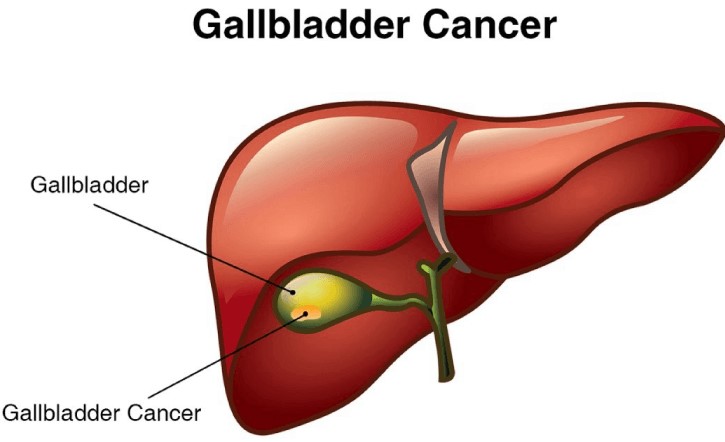Categories
- Bariatric Surgery (11)
- Black Fungus (5)
- Bone Marrow transplant (3)
- Brain Tumor Surgery Navigation Technology (20)
- Cardiac Surgery (66)
- Cardiology (97)
- Computer navigation technology for joint replacements (20)
- Covid Vaccination (17)
- Critical Care (2)
- Dental (19)
- Dermatology (31)
- Dialysis Support Group - “UTSAAH” (11)
- Dietitian (33)
- Emergency Medicine (4)
- Emotional Health (11)
- Endocrinology (33)
- ENT (20)
- Gastroenterology and GI Surgery (53)
- General and Laparoscopic Surgery (21)
- General Surgery (4)
- Gynecology & Obstetrics (183)
- Hematology (20)
- Internal Medicine (294)
- Kidney Transplant (50)
- Kidney Transplantation (20)
- Lung Cancer (8)
- Minimal Invasive Surgery (1)
- Mother & Child (20)
- mucormycosis (5)
- Nephrology (61)
- Neurology (147)
- Neurosurgery (68)
- Nutrition and Dietetics (107)
- Omicron Variant (1)
- Oncology (288)
- Ophthalmology (10)
- Orthopaedics & Joint Replacement (86)
- Paediatrics (59)
- Pediatric Nephrology (3)
- Physiotherapy (5)
- Plastic & Reconstructive Surgery (6)
- Psychiatry and Psychology (90)
- Psychologist (28)
- Pulmonology (72)
- Rheumatology (13)
- Spine Services (21)
- Transradial Angioplasty (16)
- Urology (84)
Query Form
Posted on Apr 19, 2022
Why is Gallbladder cancer so common in India?
Did you know that India is one of the leaders in the incidence of gallbladder cancer in the world? This is unfortunate, but that is the reason the oncologists in India understand this disease better than most cancer specialists in the rest of the world. Since most data and protocols for the evaluation and treatment of cancers in the world are based on guidelines formulated in the West, they may not be the most accurate and effective way to manage this ‘Indian’ disease.

But why is gallbladder cancer so common in India? The reported incidence is around 9/100000 women in Northern India. That is phenomenally high! The primary reason is that the incidence of gallstones is extremely high in North India, more so in women. Especially the Gangetic belt below the Himalayan range. 95% of gallbladder cancer patients have gallstones which were the probable cause. We understand that the chronic irritation of the stones on the gallbladder wall leads to the eventual development of cancer. This is the reason that is a good idea to remove a gallbladder that has stones, even if there are no symptoms. All gallbladders should be sent for histopathology (biopsy) after removal to ensure that there is no incidental cancer. Sometimes, gallbladder cancer may develop even when there are no gallstones. Our diet and lifestyle also play a vital part. Other gallbladder diseases can also contribute to the development of cancer such as gallbladder polyps, porcelain gallbladder, abnormal bile ducts, and other related diseases.
Oncologists in Gurgaon, therefore strive to ensure that patients here receive the best possible care, and are also formulating guidelines and protocols of their own to best help these patients. With a better understanding of this dreaded disease, we in India should have superior outcomes in treating this disease, which may help to benefit people in other countries as well.
